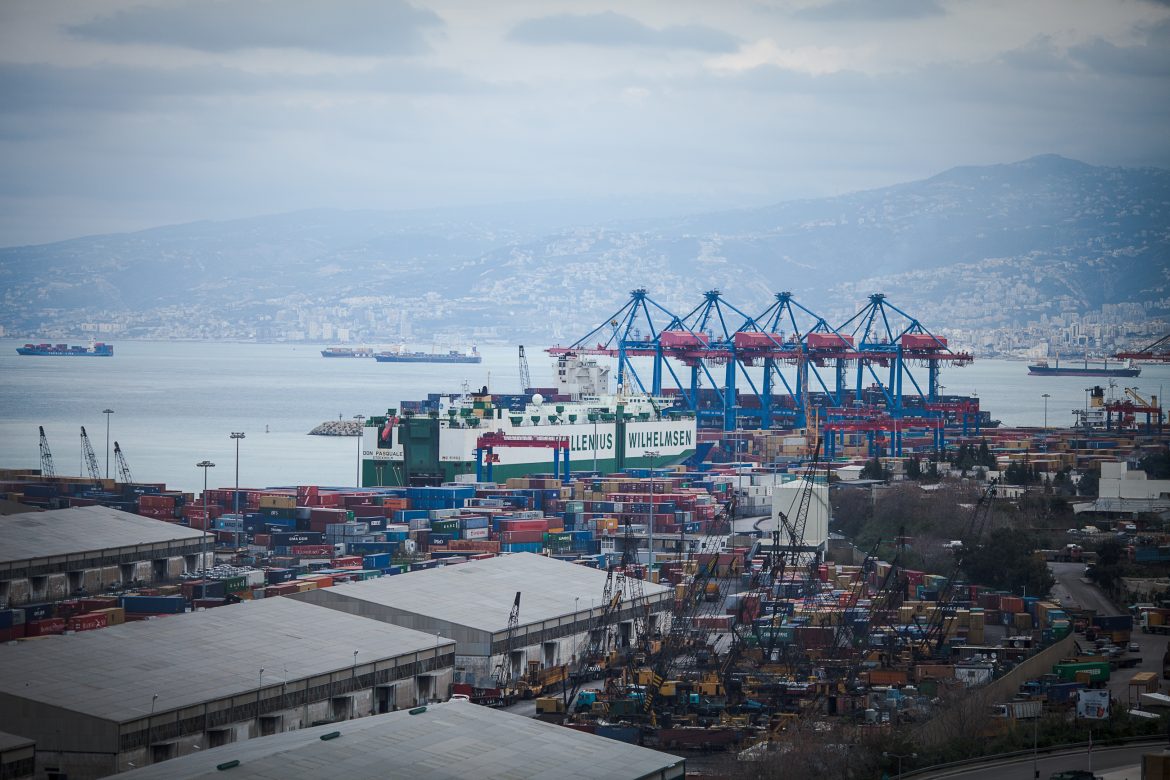Crisis or Opportunity?
written by Sherine Najdi & Thomas Schellen
Sherine Najdi
Sherine Najdi, a financial analyst for the past 4-5 years, holds a degree in Business Administration with a concentration in finance and wealth management. Now writing for Executive Magazine, she uses her deep understanding of economics and financial systems to keep the Lebanese society informed on key economic and social developments. Through her work, she aims to spread awareness and contribute to a well-informed community
Thomas Schellen
Thomas Schellen is Executive's editor-at-large. He has been reporting on Middle Eastern business and economy for over 20 years. Send mail

